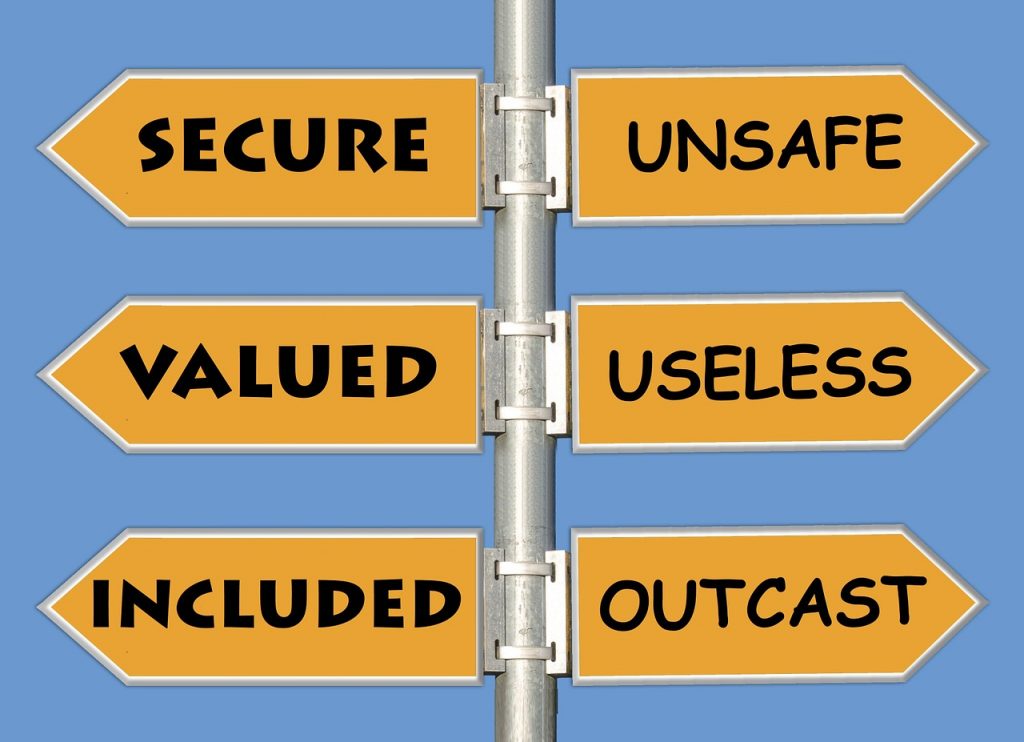Ripple’s David Schwartz claims aim behind informal governance is not to avoid forks

Decentralization means every peer on the network has a say in the decision-making process, but the reality of various crypto-blockchain is far from it. Different blockchain networks have their own way of implementing blockchain governance. While some use on-chain democratic voting, many others prefer private decision making.
Each of these governance methods has its trade-off in the form of developmental speeds and participation that affect users in the ecosystem, even those who are not a part of the decision making process. For a distributed network, its very important that all of its node work is in the same state, and this is the reason why a majoritarian agreement over the state of the ledger is necessary.
Formal Governance vs Informal governance
David Schwartz, CTO of Ripple, spoke about the importance of blockchain governance and its effect on different blockchain networks. He said that formal governance on a blockchain network often works in sync with the original protocol or code embedded in the network. These provide a roadmap in the decision-making process on important matters, while also avoiding accidental forks. Schwartz cited the example of the XRP ledger, where the base protocol does not allow anyone to implement a software change in the ledger unless, “80% of the network signals support for the change.”
The formal form of governance can help in matters like avoiding accidental forks. However, in order to keep up with changing times and technologies, dynamic or informal governance is necessary. And, it is quite evident from the case of Bitcoin and Ethereum.
Schwartz added that the aim behind informal governance is not to avoid forks, as forks in themselves are not bad. According to Schwartz,
“Forks are not inherently bad. Let’s say some people on the network absolutely want private transactions, and some say no we have regulatory clients we can’t have private transactions. If they fork, it could be that the resulting two networks have more value separately”
Schwartz also addressed queries about XRP being centralized and Ripple having a say in the decision-making for XRP. He explained,
“Ripple has no formal authority despite having a significant portion of the systems economic value. Validators can technically run whatever software they want. If someone wanted to propose a change taking away 20 Billion XRP from Ripple because they are worried it’s in danger of becoming a security, there’s no legal lever preventing them from doing so”
Thus, it is evident that blockchain networks need to find a balance between hard-coded protocol-led formal governance and dynamic decision making, as per the situation through informal governance.






